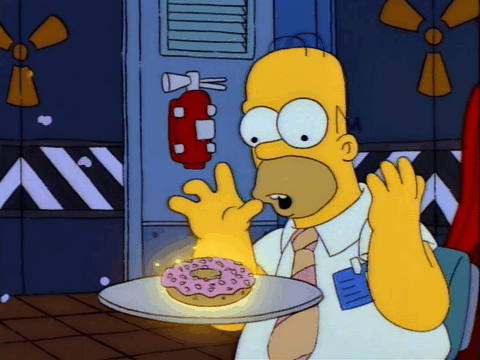
As the cliché goes, you are what you eat.
There’s a somewhat accepted logic that no food is bad for you in moderation – we need a balanced diet, and there’s nothing wrong with the odd chocolate bar or McDonald’s every now and then, as long as that’s not all you eat.
A calorie from ice cream is the same as one from a vegetable, right? Just don’t eat too many.
That's just what the sugar companies want you to think.
A new article in the New York Times breaks down how for decades, the sugar industry has helped perpetuate the idea that sugar itself is not necessary fattening, and all calories are essentially equal (check out this great old advert reporting on ‘The importance of sugar’).
It even goes all the way back to when President Dwight D. Eisenhower started using sweetener in his coffee, on his doctor's advice, no less, and the sugar people went on the offensive to say how needless that was.
Much like how tobacco firms tried to disprove they caused lung cancer, the sugar industry sought to find scientific evidence to play down the damage it does.
But there’s also plenty of research to say how bad it is.
Here’s the science part – pay attention.
Since the 1960s, researchers have found that different carbohydrates (like glucose and fructose) are metabolised differently, and affect how the body accumulates fat.
Sugar has a unique composition, being half glucose, half fructose.
The impact of that can build up over the years and decades, and profound over a lifetime.
According to NYT:
In light of this research, arguing today that your body fat responds to everything you eat the exact same way is almost inconceivably naïve.
So what's the lesson here?
Put down the doughnuts, and don't belive everything the adverts tell you.














